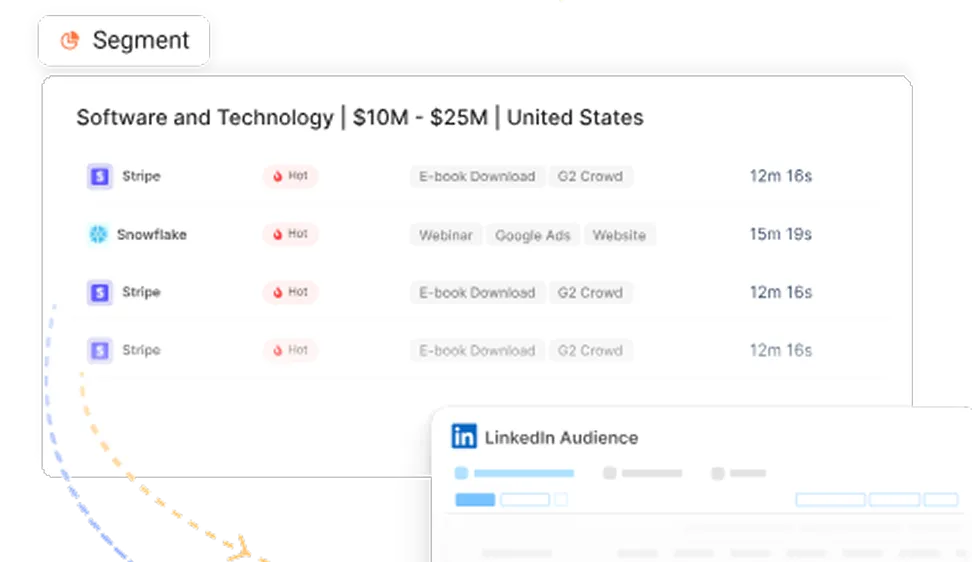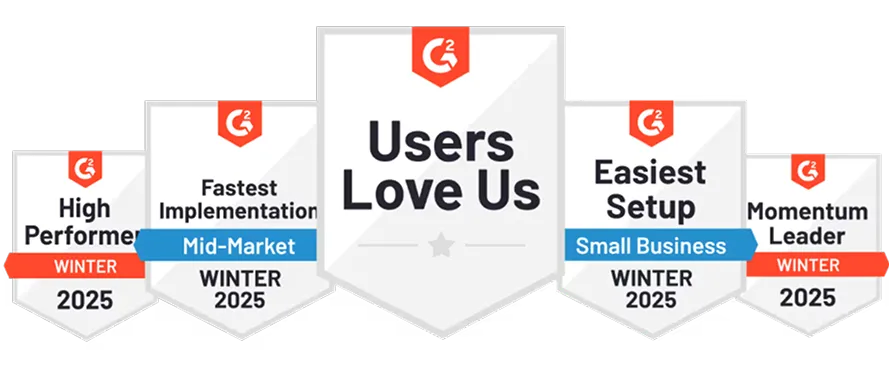How Factors.AI Enhances Website Analytics With Custom Domains
Discover how Factors.AI revolutionizes website analytics with custom domains. Unlock advanced insights and optimize your online presence for better growth.
Custom domains: the importance and implementation of custom tracking domains
A whopping 43% of internet users worldwide use ad-blockers (The Global State of Digital 2022). Combine this with the number of users with privacy-shields, and we find that nearly HALF the internet enforces a barrier against personalized-advertising and unsolicited data sharing. No doubt, this is a step in the right direction for secure internet usage. But an inadvertent consequence of ad blockers is that it also affects privacy-first marketers and the quality of their marketing analytics. Despite being a first-party platform with GDPR, CCPA, PECR & SOC2 II compliance, Factors.ai tends to get caught in the crossfire. Of course, in cases where users decline to accept cookies, tracking cannot and should not take place. But due to the way in which ad blockers work, first-party website visitor data is unintentionally blocked, even in cases where the visitor accepts cookies. This ultimately leads to incomplete website data, which in turn leads to incomplete analytics, insights, and marketing decisions.
To overcome this issue, Factors.ai has introduced Custom Tracking Domain. The following article discusses the challenge posed by ad-blockers to B2B marketers, especially those from developer-focused organizations. It also highlights the benefit of Custom Tracking Domain in tracking 100% of permitting visitors across the domain.
The challenge with ad-blockers for B2B marketers
The website is at the heart of B2B SaaS marketing. Virtually every B2B marketing effort — ad campaigns, social media, SEO, webinars and events — is executed with the objective of driving high-intent website traffic to capture leads through demo forms or sign ups. It’s safe to say that tracking and optimizing website performance — which buttons, pages, and content is converting — is of great significance to marketers. This analysis requires a lot of, if not all, relevant visitor data. As previously mentioned, the tracking of a website visitor is usually limited by Ad blockers & Privacy-shields.
Here’s how:
When a website (say, acme.com) is opened, the ad blocker identifies all the SDKs that are being loaded in the background. If the ad blocker detects that the website is attempting to access an external, server-side SDK, say from domain “sdk.factors.ai” as opposed to “sdk.factors.acme.com”, it will misconstrue and block the SDK from making the network call. This results in an inability to track the user, even though the external SDK is unrelated to ads or malicious data mining. Given how popular ad blockers are, it’s safe to assume that a significant proportion of visitor data is blocked from being tracked. And as aforementioned, missing data tends to lead to suboptimal analysis and decision making.
The challenge is exacerbated for Dev-focused organizations
It’s well documented that a significant proportion of professionals utilize ad-blockers. Even the most conservative estimates find that 5-6% of customer success professionals use ad-blockers, more than 10% of marketing and sales professionals use ad-blockers, while as much as 55% of developers/engineers use blockers. This essentially means that, without a solution in place, organizations that market to developers are missing out on an entire quarter of user data for their marketing analysis and insights.
Ad-blocker usage by professional role (Stack Overflow Developer Survey Results)
- Customer Success: 5-6%
- Sales/Marketing: 10-12%
- Developers/Engineers: 50-55%
What makes this all the more perilous is that, in the case of B2B SaaS deals, developers are often the most enterprising, high-intent leads and decision makers. This is more reason to ensure you’re tracking their website behavior comprehensively.
What is a custom domain?
In simple terms, custom tracking domain bypasses misguided ad blockers by routing the tracking calls through the first party domain as opposed to an external domain.
That is, instead of the client-SDK (client tracking code) making a call on the Factors.ai domain (sdk.xyz.factors.ai), it will make a call on the client's own domain (factors.asdk.xyz.com). This redirects the ad blocker to enable the network call and permit visitor data (sessions, clicks, time-spent, etc) to be tracked with ease.
Ultimately custom domains open up a new world of analysis that was previously impossible due to missing data. Not only does this improve the quantity of data available (by revealing ad blocker users) for analysis, but the quality of data as well. This is because the most enterprising, high-intent users in B2B SaaS – developers, engineers, and other technical professionals – have a skewed propensity to employ ad blockers and privacy-shields. Using a Custom Tracking Domain with Factors empowers deep insight into the users you care most about.
How to implement a custom domain?
As Factors.ai is a well known analytics solution, it can get categorized under “tracking” by most adblockers. As previously mentioned, this results in the ad blocker blocking API calls that rely on our external domain (api.factors.ai/track). To solve for this, users can use custom domains (faisdkapi.customerdomain/track). Here’s the two-step implementation process:
Step 1: Add a DNS entry pointing https://faisdkapi.customerdomain.com to our IP.
Step 2: Use a modified script (which uses customer domain) on the website.
.png)
Note: Management of SSL certificate (for HTTPs of customer domain) is automatically configured from our end. Don’t worry about it!
Final result
Before implementation of custom domain, Factors would use https://api.factors.ai/track for tracking. After implementation Factors would use the customer provided domain for tracking, (EG: https://faisdkapi.customerdomain.com/track)
Does a custom domain affect your website?
Absolutely not. As a custom domain is a subdomain only, it has no effect on your original website. Page load time, SEO, downtime, and all other functions remain unaffected. Again, note that rather than impacting xyz.com, a custom domain will work on something like factors.xyz.com.
We highly recommend customers to set up custom domains to ensure they collect 100% of privacy-compliant traffic from visitors – regardless of whether or not they use ad-blockers. Learn more about capturing 100% of website data on Factors.ai. Schedule a demo here.
See how Factors can 2x your ROI
Boost your LinkedIn ROI in no time using data-driven insights


See Factors in action.
Schedule a personalized demo or sign up to get started for free
LinkedIn Marketing Partner
GDPR & SOC2 Type II
.svg)








.jpeg)


.avif)












